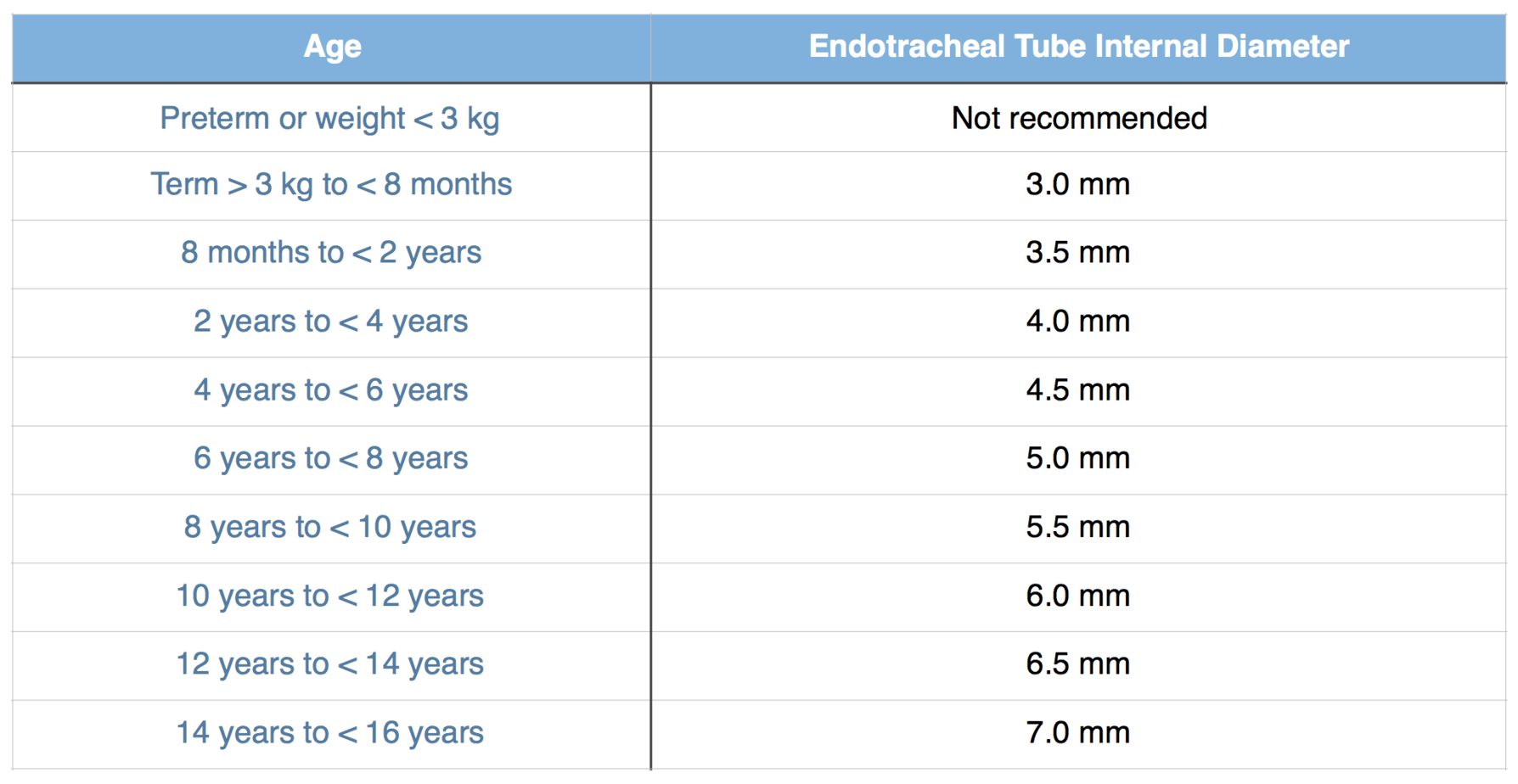Why Veterinary Diagnostics Matter for Dogs and Cats
Why Veterinary Diagnostics Matter for Dogs and Cats
Blog Article
The health of pets is a top priority, and keeping them healthy requires effort. Veterinary diagnostic services are pillars of modern pet care in identifying health issues for companion animals.
Here, we’ll discuss why pet diagnostics are vital and highlight the most common exams.
What Are Veterinary Labs?
Diagnostic labs for pets provide health assessments for testing biological materials. Veterinary professionals use these labs to monitor ongoing conditions.

Their process usually includes:
- Sample collection: Health markers are sent to the lab.
- Sample examination: Experts using equipment evaluate the samples.
- Reporting outcomes: Data supports treatments for effective health management.
Common Veterinary Tests for Dogs and Cats
Labs provide diverse options for health checks to prevent serious conditions. Common exams include:
- Blood tests: Detect anemia or chronic conditions.
- Bladder and kidney checks: Spot urinary tract infections.
- Gut health screenings: Spot signs of infections.
- Allergy testing: Support long-term comfort.
- Advanced imaging tests: Spot fractures or injuries.
laboratório de análises clínicas veterinárias
How Testing Supports Pet Health
Routine diagnostics supports proactive health management. With timely diagnostics, vets can provide better care.

The value of testing include:
- Improved health outcomes: Chronic issues are managed.
- Avoiding costly emergencies: Prevention saves money in the long run.
- Peace of mind: You’ll know they’re thriving.
Why Testing Matters for Dogs and Cats
Pet health labs help pets live long, healthy lives. By scheduling routine tests, you catch issues early.
Make pet health a priority and keep them healthy and thriving!
Report this page